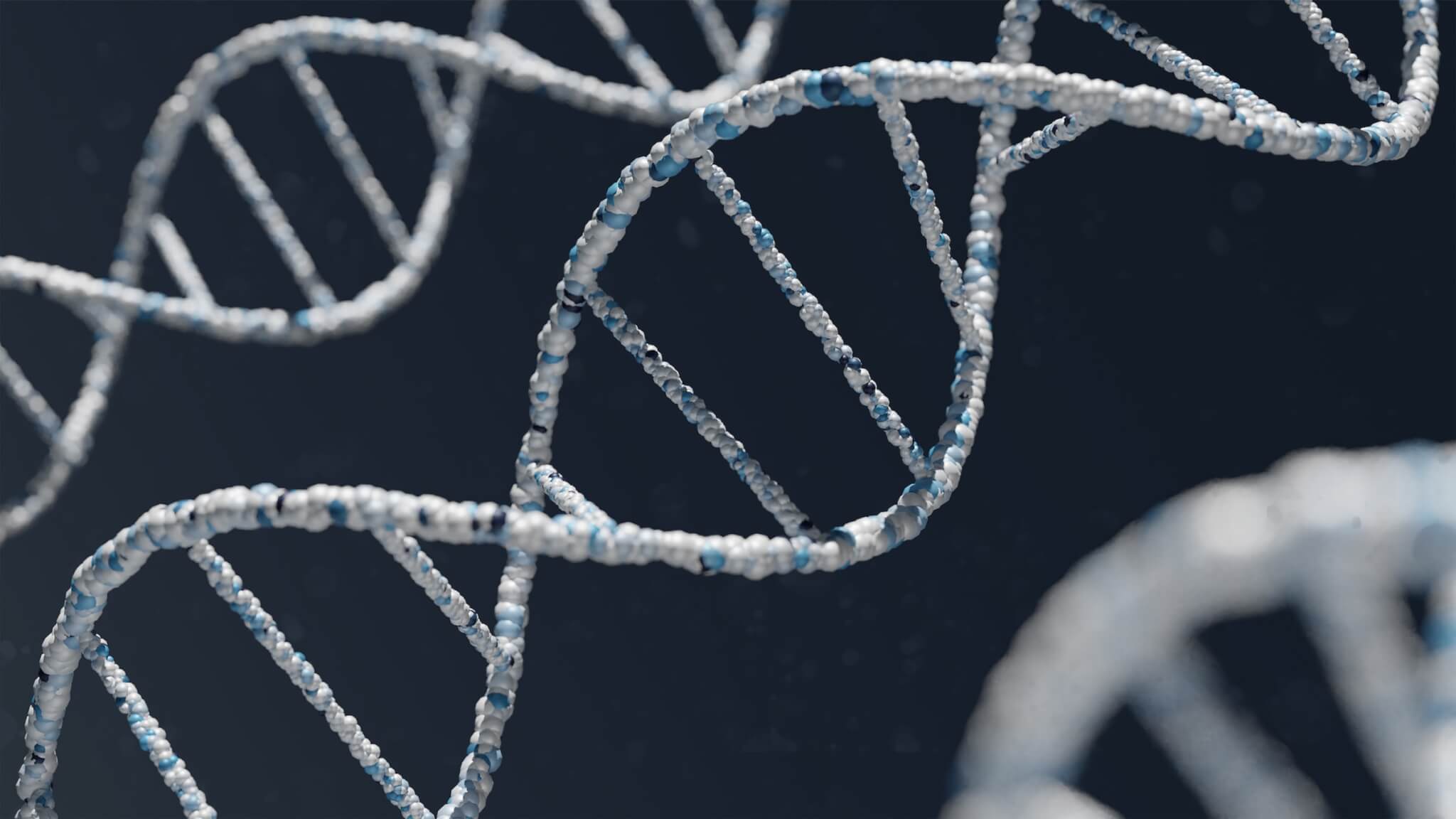
Jo Cameron, a woman who can't feel pain (Credit: SWNS)
LONDON — A mother of two from Scotland, could be a key figure in the development of more effective painkillers, new research suggests. Jo Cameron has never felt the need for pain medication. She is one of only two known individuals worldwide who carry a unique gene that enables her to live without anxiety, fear, or physical discomfort. Now, scientists have begun unraveling the mechanisms of this rare mutation, fostering hope for the creation of improved pain relievers.
“The initial discovery of the genetic root of Jo Cameron’s unique phenotype was a eureka moment and hugely exciting, but these current findings are where things really start to get interesting,” says Professor James Cox from the University College London Medical School, the study’s senior author, in a media release. “By understanding precisely what is happening at a molecular level, we can start to understand the biology involved and that opens up possibilities for drug discovery that could one day have far-reaching positive impacts for patients.”
Living in Whitebridge, near Inverness, with her husband Jim, the 74-year-old only discovered her uniqueness a decade ago. Following surgeries on her hip and hand, her doctors noted her absence of pain, an unusual response to such procedures. Despite being diagnosed with severe joint degeneration in her hip, Cameron experienced no pain.
“I was aware that I was a happy-go-lucky person, but I didn’t realize I was different. I thought it was just me,” shares Cameron. “I didn’t know anything strange was going on until I was 65.”
Her pain insensitivity was diagnosed by Dr. Devjit Srivastava, an NHS consultant in anesthesia and pain medicine. In 2013, a team from University College London identified the gene variant, named “FAAH-OUT.” This variant deactivates the normal version and impacts other molecular pathways related to wound healing and mood.

“The FAAH-OUT gene is just one small corner of a vast continent, which this study has begun to map,” explains senior author Dr. Andrei Okorokov. “As scientists, it is our duty to explore, and I believe these findings will have important implications for areas of research such as wound healing, depression, and more.”
The medical condition, known as congenital analgesia, can be dangerous because pain serves as a warning signal. However, doctors speculate that Cameron might heal more rapidly than the average person. Her unique gene combination also makes her less anxious and somewhat forgetful.
“I don’t have adrenaline. You should have that warning; it’s part of being human, but I wouldn’t change it,” she reveals.
The area of the genome containing FAAH-OUT was previously thought to be “junk” DNA. However, it was found to control the expression of FAAH, a gene that is part of the endocannabinoid system regulating sensations of pain, stress, and emotions.
The study is published in the journal Brain.
You might also be interested in:
- Map of human sensory neurons provides clues to chronic pain cure
- Some antidepressants do nothing at all for patients dealing with chronic pain, study reveals
- Dangers Of Common Painkillers: 5 Potential Risks From Taking OTC Pain Relief Drugs
South West News Service writer Mark Waghorn contributed to this report.









Years ago I had an operation and when I got back to my room the doctors recommended a
very strong pain killer. I refused because I had no pain. They said you will have pain, I never had pain and didnt need anything. There was a woman in the room who had same operation and spent the night crying & screaming because of her pain?
I didnt know why I had no pain. I was so scared to have this op I never questioned it and figured i was just lucky.
What neurotransmitters are involved?
Yeah, really…More details please! How did she not die as a child if she were indeed fearless with no sense of physical pain to remind her brain of her bodies physical limitations?
Hanna
This seems like a Babylon Bee joke. The FAAH-OUT gene? I mean, Seriously?
don’t you need to feel pain so you know if you have an injury that may need medical attention? Also anxiety can be a motivating factor for career and personal growth.
Pain is natures way of telling you to STOP doing something destructive.
Fear is natures way of telling you to NOT do something dangerous.
Having no fear or pain would make you very dangerous.
Faah-out… like Far out Doooood. Haha.
“She” looks like a “He” to me.
So would she feel a pin prick, a pinch, a punch? Could she run non-stop without feeling tired or feeling cramps? Journalists need to ask these questions.
I would bet my right eye you didn’t even click on the link to the more detailed UCL press release. The reason this site exists is because people want to be spoon fed pablum. They don’t want to hurt their brains with actual science and big words.
Would think that having TWO childre w/o pain should’ve been an indication that something was afoot!
The other person is a bouncer named Dalton.
There are more than two. I have had several accidents and have felt no pain. Other feelings are normal, just no pain